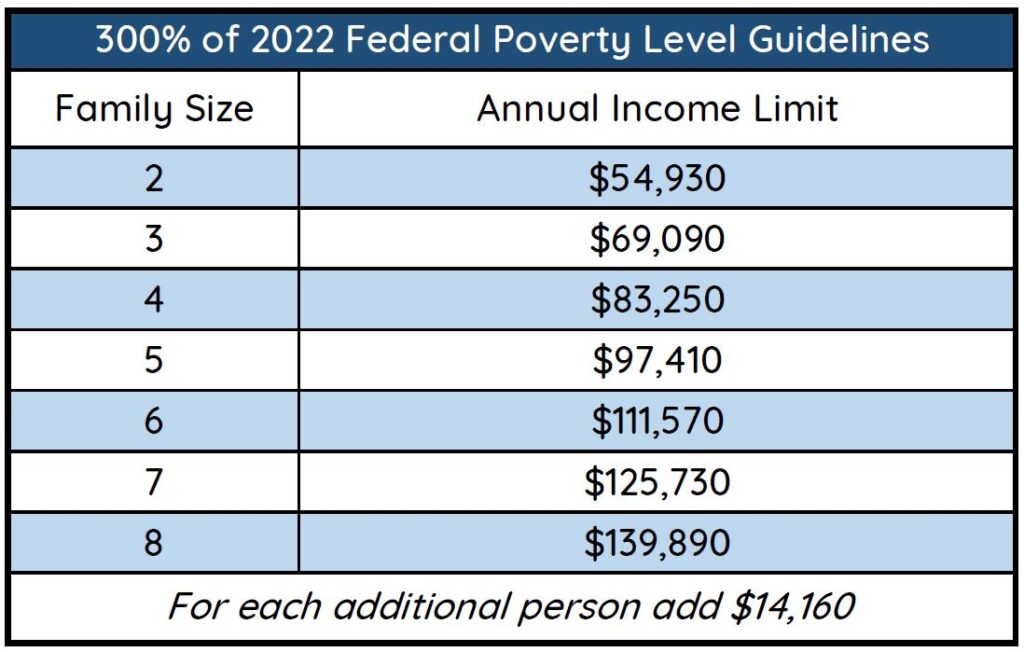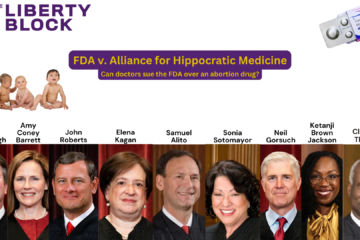Two bills that would expand the eligibility of New Hampshire’s Education Freedom Accounts have passed the House and will have public hearings in the Senate Education Committee on Tuesday morning. In 2021, the state created the EFA program, which allows parents to receive some tax dollars back to be used on education for their children if their income is triple the federal poverty limit or below. The average eligible child receives around $4,600 to be used for their education.
Proposed by Representative Alecia Lekas and Senator Keith Murphy, two well-known liberty Republicans, House Bill 367 would simply expand the eligibility for EFAs to students whose parents earn 350% of the federal poverty limit. Current law prohibits parents who have one child from utilizing the program if their household income exceeds $74,580. This bill would allow students to have education freedom and some of their apportioned tax dollars follow them if their parents earn up to $87,010. The legislation passed the House and is now in the Senate Education Committee, where a public hearing will be held at 9am Tuesday morning in room 100 of the State House. Public comments will be accepted. If you cannot attend, you can email the Senate Education Committee and tell them to recommend that the bill be approved by the full Senate.
Proposed by eleven Republicans, House Bill 464 would allow numerous other types of children to access their school choice by using the money that was apportioned for their education if government-run schools are not working for them. The bill expands EFA eligibility to:
1) Students who are in foster care. “This includes, but is not limited to, placements in foster family homes, foster homes of relatives, group homes, emergency shelters, residential facilities, child care institutions, and preadoptive homes.”
2) “Students whose status is as a migratory child. “Migratory child” means a child or youth who made a qualifying move in the preceding 36 months as a migratory agricultural worker or a migratory fisher; or with, or to join, a parent or spouse who is a migratory agricultural worker or a migratory fisher as defined by the federal Department of Education in 34 C.F.R 200.81.”
3) “Whose status is as a homeless child or youth. “Homeless child or Youth” as defined in section 725(2) of title VII, subtitle B of the McKinney-Vento Homeless Assistance Act.”
4) Whose parent is a full time member of the US Military or New Hampshire National Guard.

5) “Who is an English language learner. “English language learner” means a pupil who has a predominant language other than English or who is educationally disadvantaged by a limited English proficiency, and who participated in the annual assessment of English language proficiency required of such pupils by the Elementary and Secondary Education Act, 20 U.S.C. section 6311 (b)(7).”
6) “Who is a persistently bullied student. “Persistently bullied student” means a pupil that has been a victim of 3 or more bullying incidences as defined by RSA 193-F:3.”
7) “Who is a child with a disability. “Child with a disability” means as defined in RSA 186-C:2, I.”
8) “Who is a student with a documented approved manifest educational hardship as defined by RSA 193:3, II (a).”
9) “Who is a student who lives within the geographic boundaries of a school which has been identified as a comprehensive support and improvement school using the state methodology as defined in RSA 193-H:1, III(a)(2), which includes the lowest performing 5 percent of all schools in the state, and RSA 193-H:1, III(a)(3), which includes any high school that has a graduation rate less than 69 percent over 2 consecutive years.”
10) “Any student who lives within the geographical jurisdiction of a school which has been designated as being a persistently dangerous school, as defined by RSA 193-G:1.”
11) “Any student who is eligible for a free or reduced price meal.”
These two bills would allow many more students in the live free or die state to exit the government-run schools, which is among the best ways to preserve liberty for the next generation until we can fully eliminate the extortion-funded indoctrination centers.
The legislation passed the House and is now in the Senate Education Committee, where a public hearing will be held at 9:30am Tuesday morning in room 100 of the State House. Public comments will be accepted. If you cannot attend, you can email the Senate Education Committee and tell them to recommend that the bill be approved by the full Senate.

Email the members of the Senate Education Committee:
Carrie.Gendreau@leg.state.nh.us
Donovan.Fenton@leg.state.nh.us
Suzanne.Prentiss@leg.state.nh.us
This article does not necessarily reflect the opinions of The Liberty Block or any of its members. We welcome all forms of serious feedback and debate.



1 Comment
MrLiberty · April 25, 2023 at 8:45 pm
So the state will continue to steal from everyone to subsidize the education of a fraction of the population, and now even more private enterprises will profit from that theft as more parents will qualify for stolen tax dollars. Is there some reason why a fully competitive free market, NOT subsidized by the violence of the state, can’t be an alternative to the poor quality of the government monopoly day prison system?
Comments are closed.